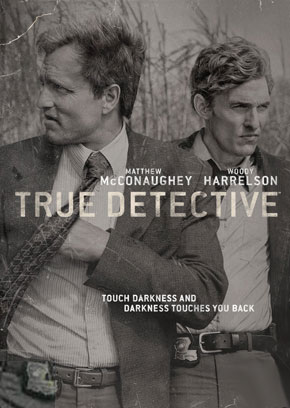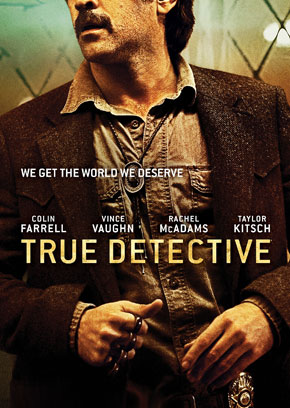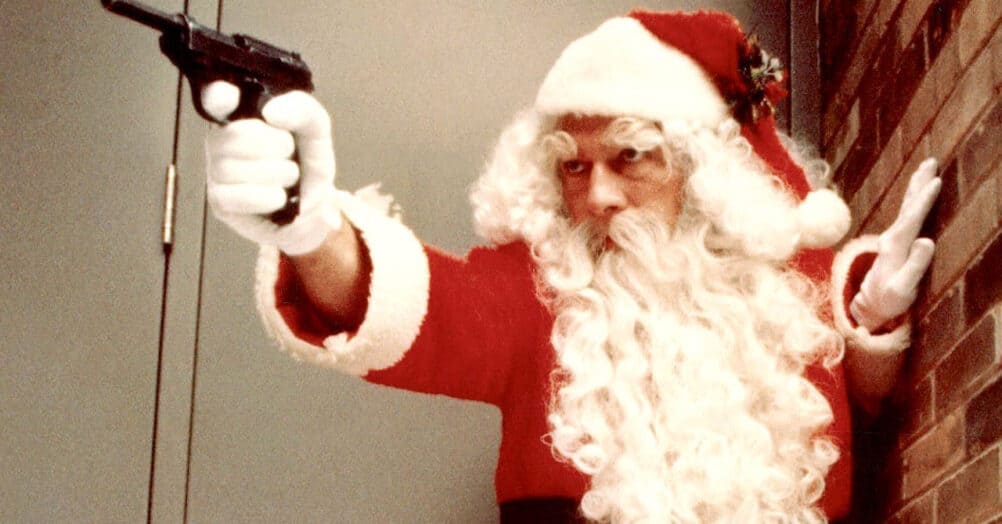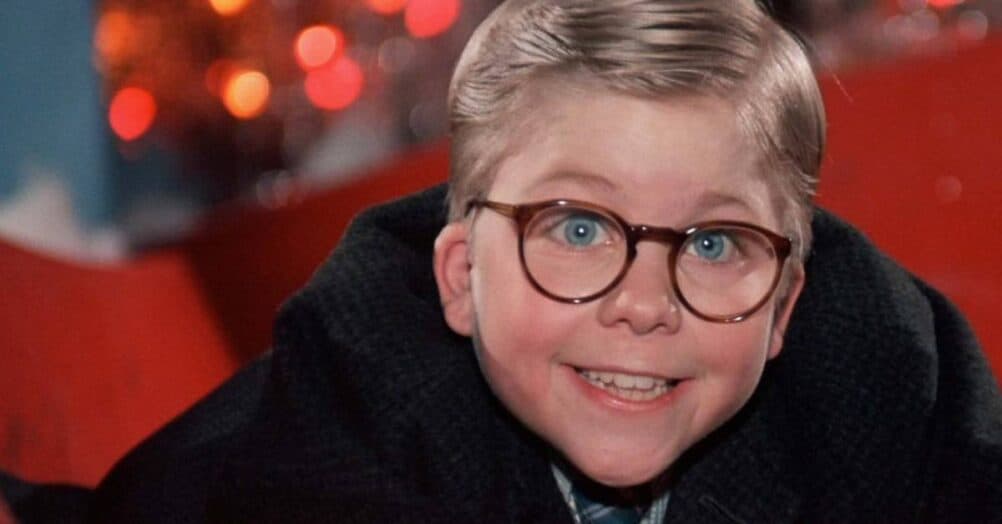Matthew McConaughey,
Woody Harrelson,
Michelle Monaghan,
Michael Potts,
Tory Kittles
McConaughey delivers one of the best performances ever put on television as the brilliant, philosophizing Rust Cohle. Harrelson’s Marty Hart reminds us just how great he can be as the smart ass everyman while still bringing just as much to the table as his counterpart. The pairing of these two makes for a fascinating juxtaposition.
Colin Farrell,
Vince Vaughn,
Rachel McAdams,
Taylor Kitsch,
Kelly Reilly
Four very capable leads who give just passable performances. Farrell growls his lines, Vaughn is in over his head (in the words of Harrison Ford, “you can type this shit, but you sure as hell can’t say it”), McAdams is solid but tries a little too hard to show us how tough her character is, and Kitsch does the best he can with a weird storyline. There is no dichotomy here- we just have four miserable brooders.
Vermilion Parish, Louisiana: A haunting look into the Deep South with unexplored territory as far as the eye can see. The eeriness and almost supernatural quality of the first season are an excellent fit for a setting where technology and civilization haven’t yet taken over.
Los Angeles, California and outskirts, including the fictional town of Vinci: A convenient but appropriate setting for the second season where all the characters inexplicably sound like they’re from New York or Chicago (at least they explain Frank actually is from the latter). Southern California allows for set pieces from the big city to under-developed areas to forest terrain, but the sacrifice is the lack of a focused tone.
When a prostitute is murdered under disturbing circumstances, Louisiana State homicide detectives Marty Hart and Rust Cohle investigate this and several other crimes in the area. Over seventeen years, the pair encounter a series of unsettling truths, including their own personal demons.
City manager Ben Caspere is murdered preceding a potential business deal. His partner, Frank Seymon, along with detectives Ray Velcoro and Ani Bezzerides and highway patrolman Paul Woodrugh join forces to investigate the seedy underbelly of the Los Angeles police department and the world of organized crime.
A complex story told over seventeen years with one focused through-line. Rust’s philosophy makes for some chilling and thought-provoking scenes, while Marty’s down to earth attitude keeps things from ever getting too out there. The flashback storytelling amps up the mystery, allows for some fun when the voiceover doesn’t match the action, and comes together when we realize the case is still open in 2012.
A complicated story which never really finds solid ground. Lots of politics, too many characters, dialogue which sounds completely out of place in Southern California, and a script which tries extra hard to make every line sound like the most glorious thing you’ve ever heard.
Cary Fukunaga directs every episode of the first season, which melts with mystery and unease. It’s a slow burn to be sure, but the eeriness and tension never let up, the emotion cuts deep, and we’re treated to some heart-stopping action along the way to keep us on board.
So. Much. Brooding.
Justin Lin and company direct a season which feels at times like one long music video- and not in that good
Tony Scott way. Most of the time the direction is fine, and kudos for the devastating shootout in episode four, but the push for style over quality leaves the whole season feeling a bit flat.
One of the few disappointing aspects of the first season, the final showdown through Carcosa against the Yellow King doesn’t quite live up to the intrigue leading up to it. It’s still a satisfying scene in and of itself, though, and the final conversation between Rust and Marty brings the season to a close beautifully.
The episode four shootout from this season certainly raised expectations for an exciting finale. Instead, we were left with a quick and dirty shootout, more heavy-handed dialogue, lead characters who orchestrate their own downfall by being complete idiots, and a shamble through the desert dripping with art-house tropes.
Well, there you have it. Without “Number of Main Characters” or “Staring Contests,”
True Detective‘s second season wins exactly zero categories. I found myself thinking there were certain scenes and storylines I would usually enjoy, but I found it so hard to care about the overarching thread that they were, unfortunately, lost on me. I know several people who have watched season one more than once and stopped watching season two after the first few episodes. That’s saying something. No official word on a third season yet, but HBO president Michael Lombardo has stated the door is very much open should
Nic Pizzolatto want to return. There’s no doubt the format and subject matter of
True Detective can make for some incredible television, but it remains to be seen whether the series can deliver another season quite as special as the first.
Agree? Disagree? Which do you prefer?
POST YOUR CHOICE BELOW!
If you have a suggestion for a future Face-Off, let us know below or send me an email at [email protected].























Follow the JOBLO MOVIE NETWORK
Follow us on YOUTUBE
Follow ARROW IN THE HEAD
Follow AITH on YOUTUBE